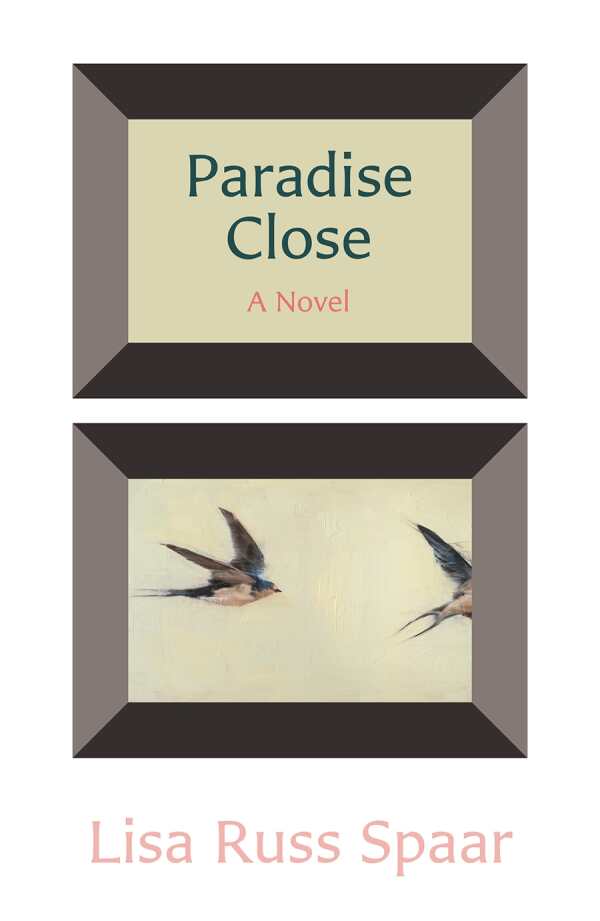Paradise Close
A troubled girl learns how to be a stable, contented woman in Lisa Russ Spaar’s novel Paradise Close.
After spending six months in a psychiatric institution, fourteen-year-old Marlise finds herself alone in Paradise Close, her family home—and, unknown to Marlise, the setting for the intimate betrayals and heartbreak into which she was born.
Decades later, miles away, another home becomes a refuge to another broken heart. The two houses are linked by sentiments of pain, longing, missed connections, and peace found in unlikely places.
In the beginning, Marlise’s disorientation, borne of self-starvation and a new environment, is palpable: she flits between thoughts, unable to focus or fully comprehend what others say to her—with near-fatal consequences. The parents and childhood that she does not remember are a source of unresolved trauma—or so her doctors say—and she soon finds herself at the mercy of others.
In the novel’s second part, an aging man, Tee, hides away in his own family home, pining for the lover he lost years ago. When he discovers a strange, amnesiac woman squatting in his house, they find a kind of solace in each other’s company. Meanwhile, the woman whom Tee once loved must find her own path to healing.
The connection between the first two parts is revealed in the third and final part, in which Marlise reconnects with and accepts her troubled past for what it is. An unexpected reminder of an old crush brings great emotion and allows her to make some kind of sense out of her experiences. There is value even to what they have lost: both Marlise and Tee realize this somewhat late, but not too late to change their futures.
Paradise Close is a poetic saga in which a woman’s life affects, and is affected by, mental illness, loss, and love.
Reviewed by
Eileen Gonzalez
Disclosure: This article is not an endorsement, but a review. The publisher of this book provided free copies of the book to have their book reviewed by a professional reviewer. No fee was paid by the publisher for this review. Foreword Reviews only recommends books that we love. Foreword Magazine, Inc. is disclosing this in accordance with the Federal Trade Commission’s 16 CFR, Part 255.

